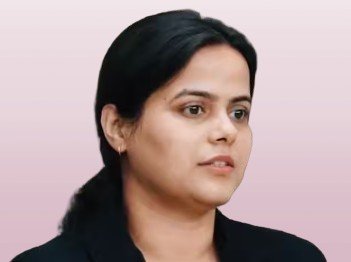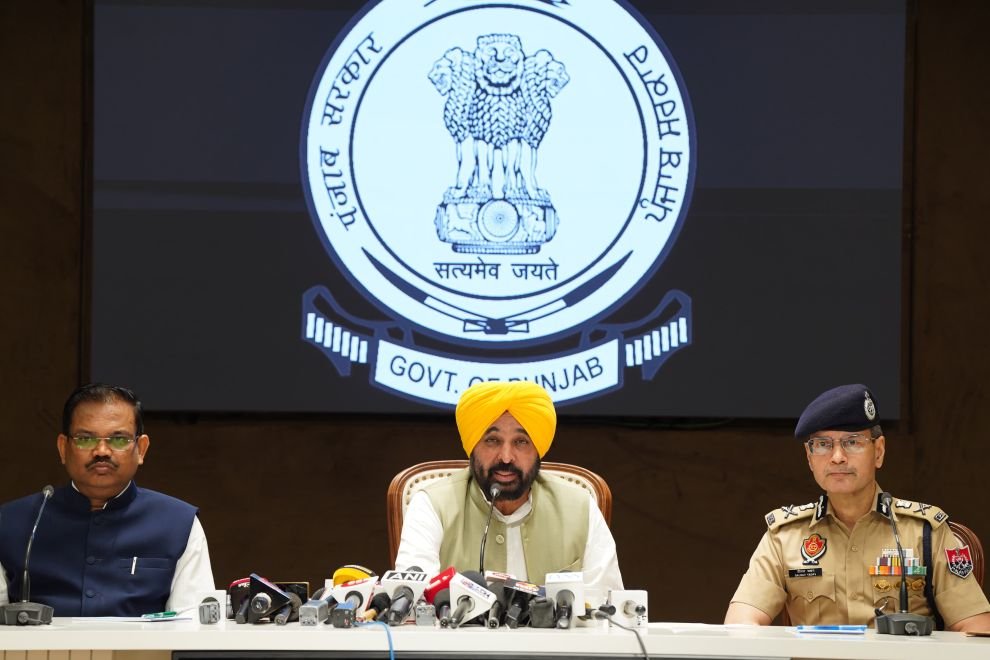
Shakti Dubey Tops UPSC 2024, Three Women Among Top Five as India Celebrates Academic Excellence
- Breaking NewsHEADLINESNATION
- April 22, 2025
- No Comment
- 37
India’s most prestigious civil services examination has once again spotlighted academic brilliance and dedication, with Shakti Dubey emerging as the topper of UPSC 2024. The Union Public Service Commission (UPSC) announced the eagerly awaited results on Tuesday, marking a significant moment for aspirants and families across the country. This year’s result is especially inspiring, as three of the top five ranks have been secured by women, showcasing a continued trend of strong female representation at the top of the nation’s bureaucratic ladder.
Hailing from Uttar Pradesh, Shakti Dubey has topped the examination with Political Science and International Relations as her optional subject. A graduate in Biochemistry from the University of Allahabad, Dubey’s academic journey reflects a blend of science and governance, offering a promising outlook on the kind of intellectual versatility that the Indian bureaucracy is beginning to embrace. Her success story is not just about topping a competitive exam; it’s a powerful narrative of how diverse educational backgrounds are finding their rightful space in policy and administration.
Ranked second is Harshita Goyal, a commerce graduate from MS University of Baroda, who too had opted for Political Science and International Relations. Following closely at the third rank is Dongre Archit Parag, an engineering graduate in electrical and electronics from VIT, Tamil Nadu. Unlike the top two, he chose Philosophy as his optional subject, proving that a thoughtful understanding of human values and reasoning can also pave the way to administrative excellence.
Completing the top five are Shah Margi Chirag, a computer engineer from Gujarat Technological University, who secured the fourth rank with Sociology as her optional subject, and Aakash Garg, a tech graduate from Delhi’s Guru Gobind Singh Indraprastha University, also choosing Sociology and ranking fifth. Together, this top tier represents a spectrum of academic disciplines—science, technology, commerce, and humanities—reinforcing UPSC’s inclusive approach to talent.
This year, the UPSC has recommended a total of 1,009 candidates, including 284 women and 725 men, for appointment to the Indian Administrative Service (IAS), Indian Foreign Service (IFS), Indian Police Service (IPS), and other allied services. From over 9.9 lakh applicants, only about 2,845 made it to the final interview stage, a testament to the exam’s rigorous standards. Out of these, more than a thousand candidates made the final cut. The diversity doesn’t end with gender or discipline; the top 25 candidates represent elite academic institutions like IITs, NITs, VIT, JNU, DU, and Allahabad University, and have taken a wide range of optional subjects from Anthropology to Tamil Literature.
A heartening inclusion in the merit list is the presence of 45 candidates with benchmark disabilities, showcasing UPSC’s sustained commitment to inclusive representation in civil services. This group comprises individuals with orthopedic, visual, hearing, and multiple disabilities, reflecting resilience and determination that goes beyond traditional notions of success.
Interestingly, the 2024 examination will fill 1,129 vacancies in total, which includes 180 positions in IAS, 147 in IPS, and 55 in IFS, along with several roles in central Group A and Group B services. These future officers are set to become part of India’s administrative machinery at a critical time of policy transformation and digital governance.
The success of these candidates has once again brought the civil services examination into the national spotlight, not just for its competitive rigor, but for its ability to attract and reward diverse academic minds. With strong female representation, participation from candidates with disabilities, and a high level of academic excellence, UPSC 2024 results send a powerful message: India’s administrative future lies in inclusive meritocracy.
This year’s result also adds a new chapter to India’s long-standing tradition of public service, where young minds from every corner of the country are tested not just for knowledge, but for vision, resilience, and commitment to nation-building. The nation now looks forward to seeing these bright individuals take on real-world responsibilities, drafting policies, administering districts, and representing India on international platforms.
As the new batch of officers prepares to enter India’s civil services, their achievements will undoubtedly inspire the next generation of aspirants. With the optional subjects becoming increasingly diverse and regional representation growing every year, the UPSC is steadily becoming more reflective of the country it seeks to govern.
#UPSC2024 #ShaktiDubey #CivilServicesTopper #IASDream #UPSCResults
This is an auto web generated news web story.



